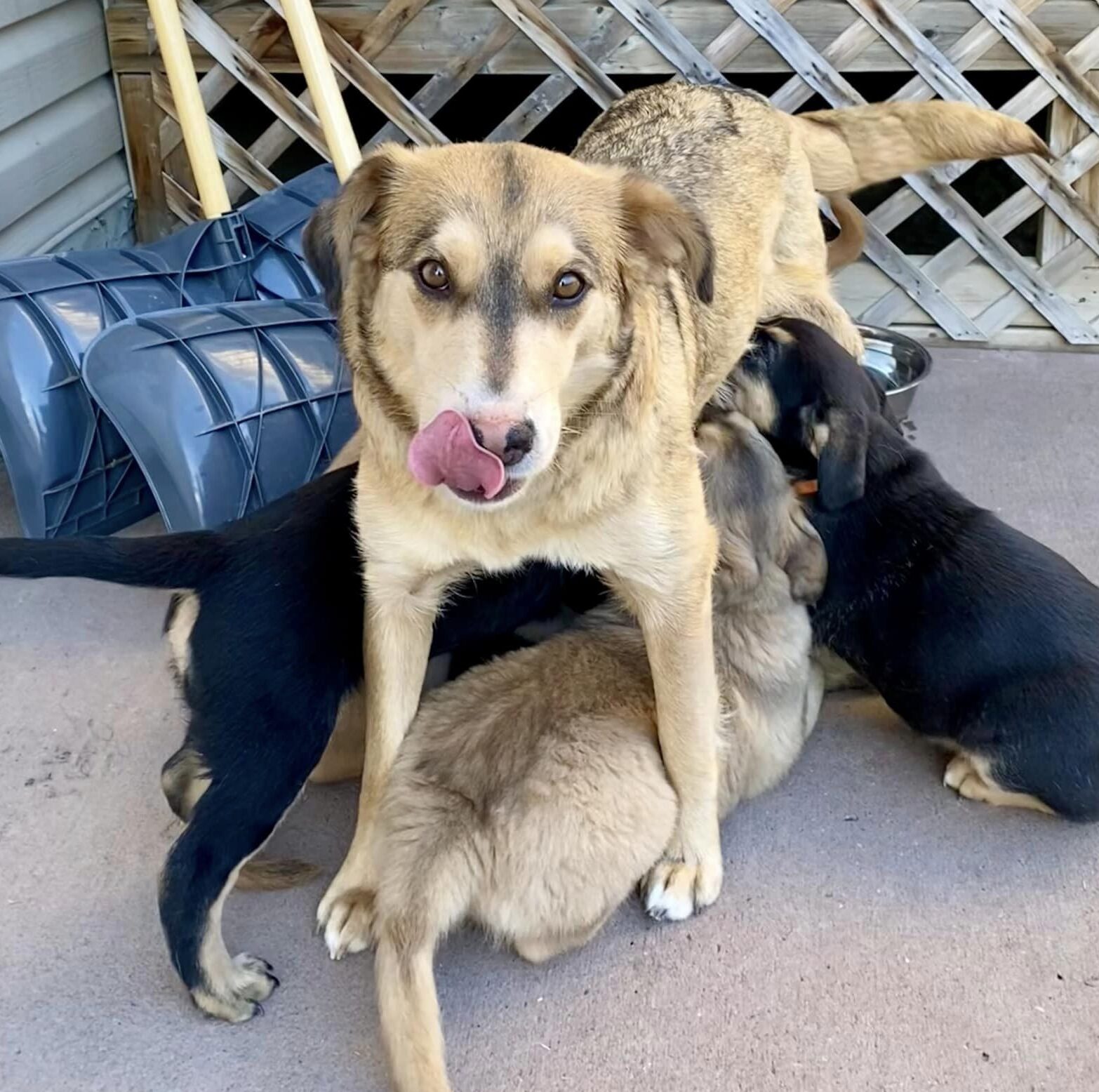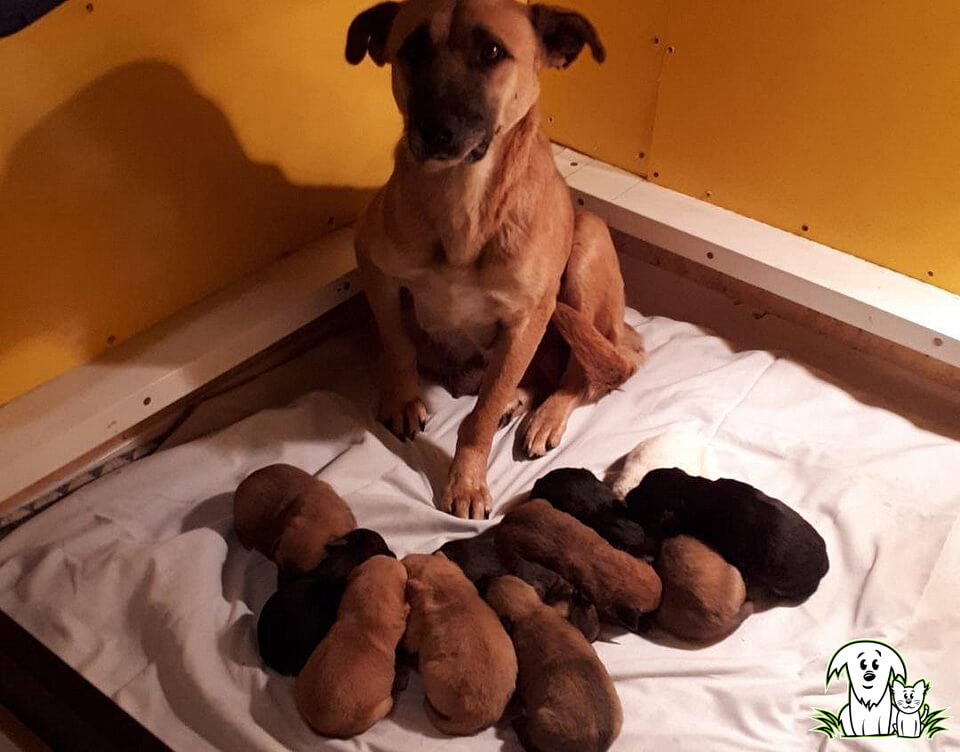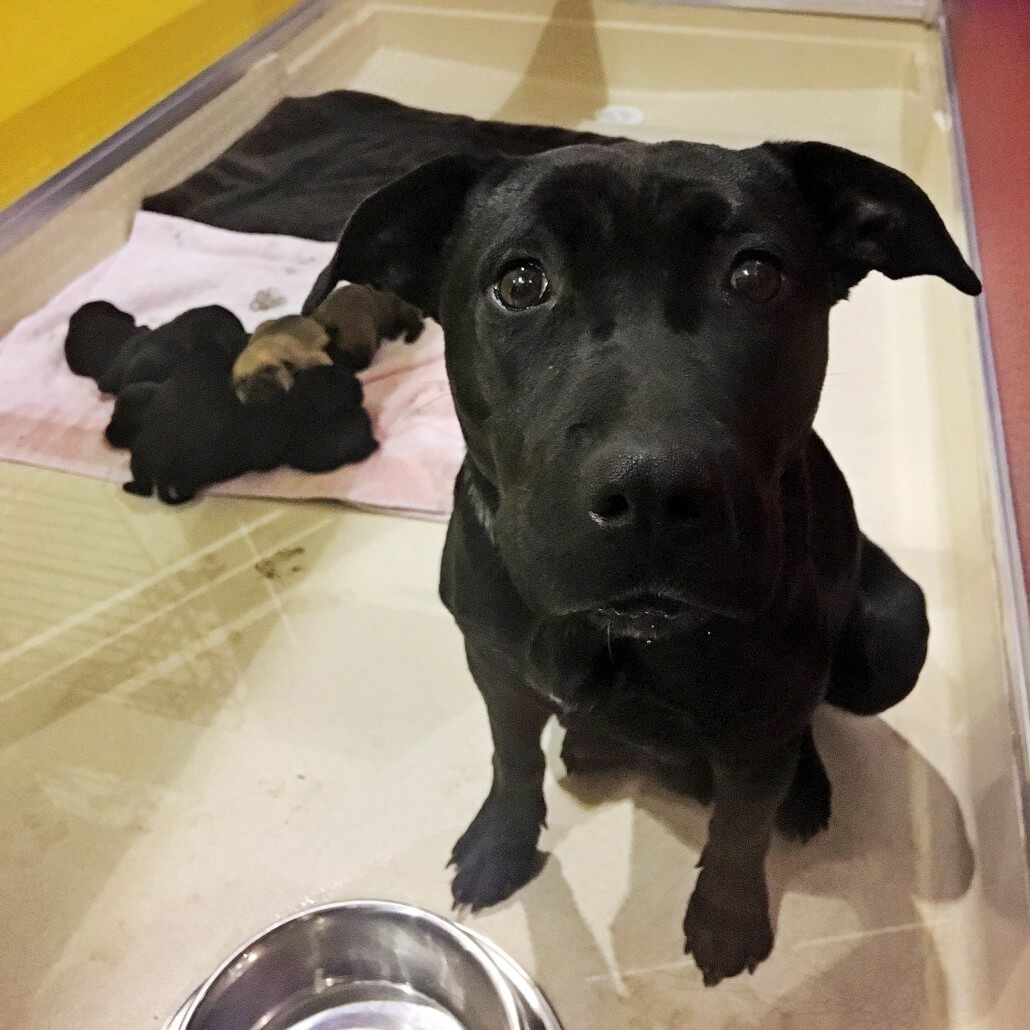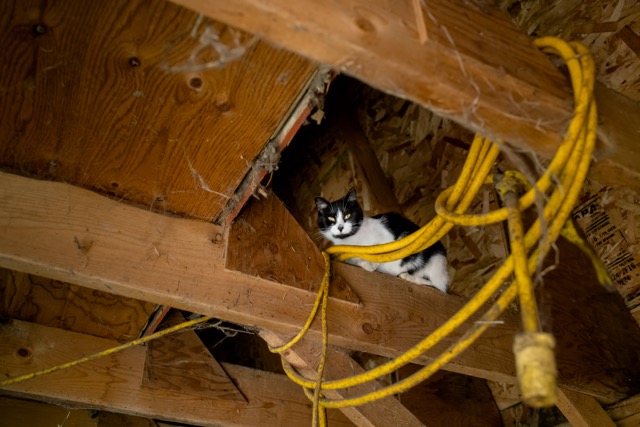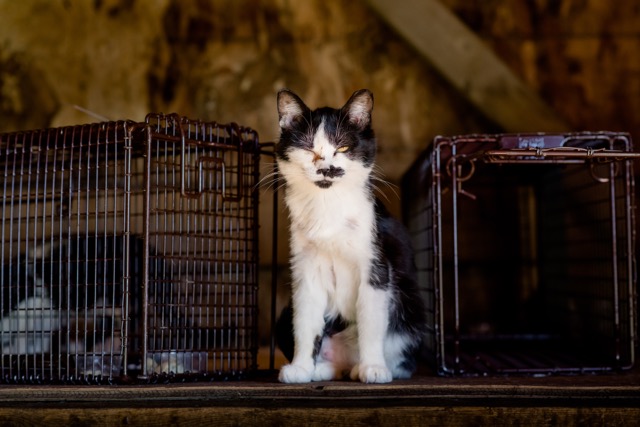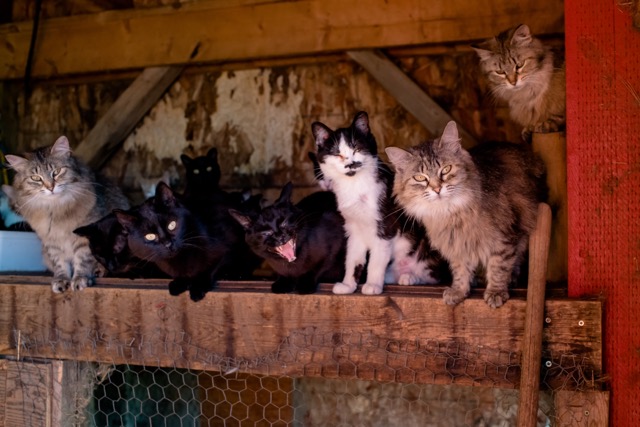Spay & Neuter Initiatives
Animals spayed/neutered through AARCS’ SNAP and TNR Programs in 2024!
Spay/neuter initiatives save lives. As a responsible animal welfare organization, AARCS is working to bring about a day when every animal has a home. As part of this work, we promote and advocate for spay and neuter, which helps address animal homelessness and pet overpopulation.
Why spay and neuter is important:
- Helps to reduce the amount of unwanted litters
- Decreases the number of animals in need of a place in shelters or rescues
- Reduces deaths by euthanasia, homelessness and hit-by-car
- Reduces or eliminates unwanted behaviours, such as aggression, spraying and roaming to mate
- Important for the animal’s health and longevity
Did you know that a cat can get pregnant as early as 4 months old, and a dog at 5-6 months old? Two unfixed cats or dogs can lead to thousands of offspring, who are then also producing more unwanted offspring.
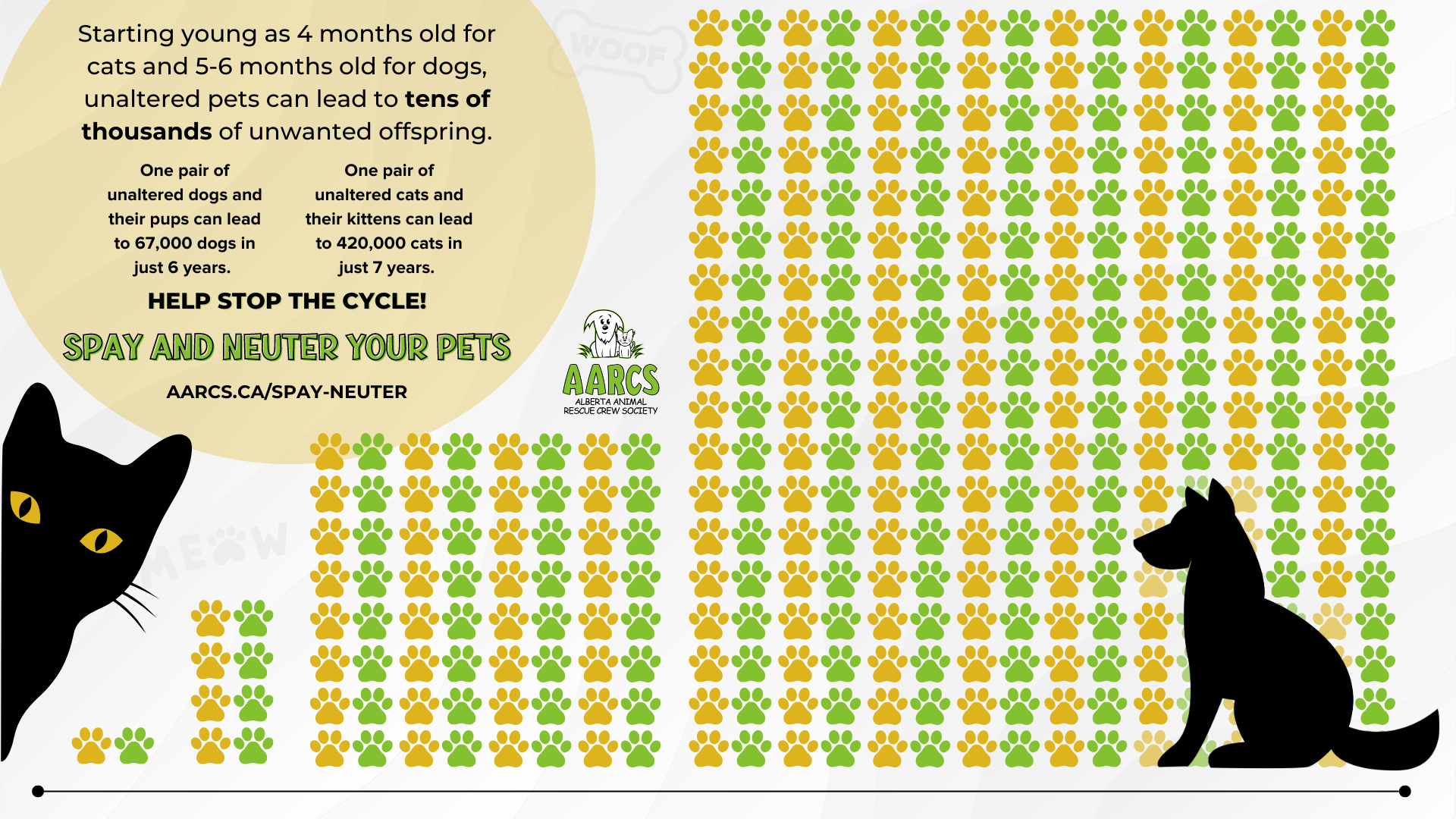
All AARCS cats, dogs and rabbits are spayed or neutered before adoption, with no exceptions.
First Nations Spay Neuter Assistance Program
In communities where free-roaming animal populations are common, spay/neuter and vaccinations are even more important to reduce packs of dogs, aggression, inappropriate behaviours such as spraying, disease outbreaks and animal homelessness. It also improves community safety.
AARCS has been running our First Nations Spay Neuter Assistance Program (SNAP) since 2011 and is one of our many initiatives dedicated to offering spay/neuter surgeries for dogs and cats on reserve. Our First Nations Spay Neuter Assistance Program is different because we offer a holistic approach, which includes transport to and from the community, assistance with crates and loading of free-roaming dogs, crates and carriers for cats, overnight care for the animals at our shelter after surgery, a ride home after surgery, as well as any aftercare requirements and pet food. We aim to provide a sustainable and accessible program to First Nations communities who may otherwise lack access due to remoteness and transportation barriers. This program significantly reduces the number of dogs and cats without homes, as well as enhances the health and well-being of pets and people in the community.
Through our AARCS Veterinary Hospital, we offer spay/neuter services, immunizations and parasite control for both dogs and cats. This program is limited to First Nations Communities in Alberta.
Are you in a First Nations Community in Alberta?
For more information or to apply for our SNAP program, please email [email protected].
Please note, SNAP is only available to First Nations Communities in Alberta.
Are you a low-income member of the public living in Calgary or the surrounding area?
Check out our Compassionate Veterinary Care program!
Trap-Neuter-Return
TNR Program
TNR is a humane way of controlling, managing and reducing feral (not domesticated) cat populations. This is accomplished by humanely trapping cats that are living in colonies in small towns or on farms and acreages, spaying and neutering them and then returning them to their home, ending the reproduction cycle. AARCS has a team of experienced animal handlers who will travel to the site with everything needed to trap 60+ cats in one day. Once they have been trapped, the cats are brought to AARCS’ Veterinary Hospital where they are medically assessed, spayed/neutered, vaccinated, dewormed, and given a tattoo. We also ear notch all cats from TNR colonies. The ear notch method allows us and their caregivers to easily determine if a cat has been spayed or neutered and is commonly used in feral cat colonies to assist in population management.
Once they are spayed and neutered, the cats will be returned and released back at the property where they were trapped; the place they call home. A caregiver is identified to watch over the colony and stay in touch with AARCS in case new cats appear on the property and need to be spayed or neutered – identifying these cats is why ear notching is important. This will stop the reproduction of more cats and the colony size will reduce over time. We will do our best to assist caregivers should new cats arrive to ensure the population is stabilized for good.
Many of the cat colonies that we come across have been left unmanaged. An area already suffering from an excess of cats often becomes a common dumping ground for unwanted and unaltered cats, further exacerbating the problem. Left unchecked, these populations will grow exponentially and make it difficult for caregivers, property owners or communities to gain control without outside help. A cat colony can range in size from a few to dozens of cats, and there may be several colonies on a property.
The Canadian Veterinary Medical Association estimates there are between 5.4 to 9.6 million free roaming cats in Canada, with between 1.5 to 4.1 million of those being feral or unowned. As part of our TNR efforts, any cats and particularly young kittens that appear sociable may be transferred into our Adoption or Barn Buddies programs.
AARCS focuses on cases in rural Alberta.
Do you have a colony of 6+ cats in rural Alberta?
For more information or to apply for TNR assistance, please email [email protected] or fill out the TNR Request Form here.
Please note, TNR is only available in rural Alberta for properties with a colony of more than 6 unowned cats.
Trap-Neuter-Return Program Perspective
Successfully executing TNR cases throughout Alberta takes resources, time and strategic planning. The guardians of these cats reach out for help and have been extremely patient in waiting for the service to be available to them. This is a crucial program in helping manage the large cat-overpopulation issues within our province. Sadly, cats are considered much more “disposable” than dogs and many end up being discarded on rural properties, only adding fuel to an already raging fire. We hope you’ll take some time to understand the depth of the cat overpopulation challenge and consider supporting our community programs by making a donation today. Thank you!
Spay Neuter Partnerships
AARCS partners with the Canadian Animal Task Force to assist in their onsite spay/neuter clinics providing volunteers, equipment, and financial support.
Other Resources
Tails of Help
Calgary Humane Society
City of Calgary – No Cost Spay & Neuter Program (for cats only)
Meow Foundation (for cats only)
Edmonton Humane Society
Albertans Helping Animals Society
APARC Low-Cost Spay Neuter Program
Medicine Hat SPCA Spay Neuter Program
Central Alberta Humane Spay Neuter Program
Bow Valley SPCA Spay Neuter Program

